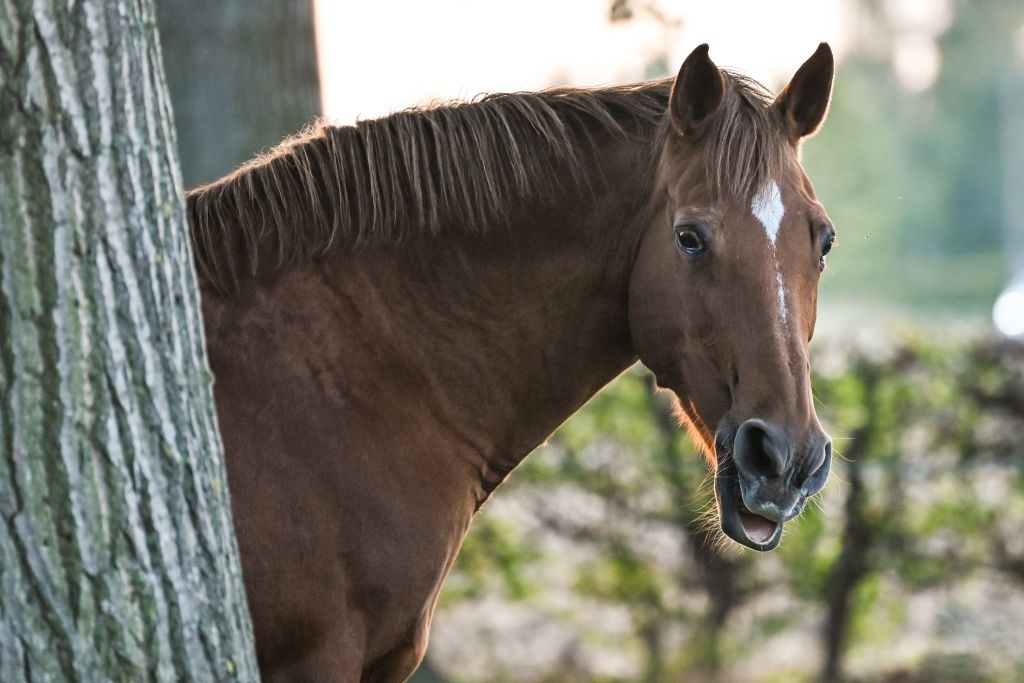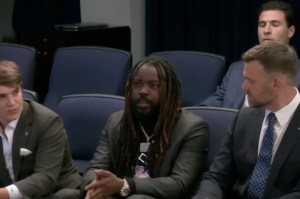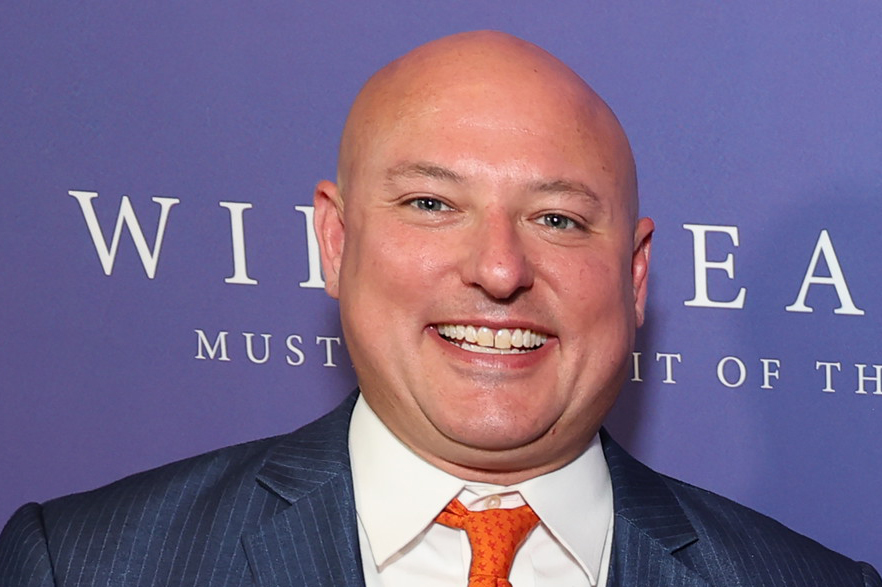A so-called TikTok “star” went viral this week after complaining to her more than 2 million followers that a ranch prohibited her from riding their horses because she was over the weight limit.
Remi Bader, who describes herself as a “curve model” — a new term for plus-size models that sounds “nicer,” says former model Anna Shillinglaw — claimed in a TikTok video that Deep Hollow Ranch in Montauk, New York, made her leave because she weighed more than 240 pounds.
“I don’t really need any opinions on this one,” Bader said in response to commenters who noted that horses cannot carry humans above a certain weight without severe strain or injury. “It’s the fact of how it wasn’t advertised and how poorly it was handled. This was my experience not yours. …It was very embarrassing to be told I need to leave alone when everyone else got to stay.”
It is hard to imagine that Bader could be so out of touch with reality that she wasn’t aware horses have a limited weight capacity and needed this fact explained to her. Even so, Deep Hollow Ranch posts weight limits for horses on its website.
“Even though horses are large, powerful animals, they have limits. Any overloading can contribute to injuries and reduce their ability to perform,” the post says. “Whether you look forward to experiencing horseback riding for the first time or you are a horse enthusiast, one of the essential questions you can ask is how much weight can a horse carry.”
The correct response to being embarrassed that you are too fat to ride a horse is to lose weight, not publicly shame the ranch trying to protect its animals. Bader, however, still tried to blame being turned away on those around her.
“It’s sad the words of others can do that, and I wish it didn’t affect me, but it has become normal for me to have to accept the body-shaming and experience daily from social media and in person, and it really just gets exhausting. I will never understand why my size could actually bother someone so much. I really never will,” she said.
It is not “body-shaming” to enforce a weight limit. I’d even posit that no one is actually “bothered” by Bader’s size — they are bothered by her entitlement. Is the ranch supposed to allow her to potentially break a horse’s legs so that she can feel better about herself?
In March, a fourteen-year-old boy died of blunt force trauma after slipping out of his restraints on a drop tower ride in Orlando, Florida. According to the autopsy, the teen weighed 100 pounds more than the ride’s weight limit. These designations exist not to shame, but to protect.
The “body positivity” movement is fine when it encourages people to find self-confidence no matter what they weigh, but the “healthy at every size” narrative does our neighbors a huge disservice. Thanks to society’s embrace of obese fitness models and the insistence that celebrating weight loss is akin to “fat shaming,” people like Bader live in a delusional fantasy world where their weight problems will never prevent them from enjoying certain activities. Instead, they blame lost opportunities on everyone but themselves.
It’s not easy to lose weight — trust me, I’ve been there — but it’s a hell of a lot better than insisting it’s all society’s fault.

























